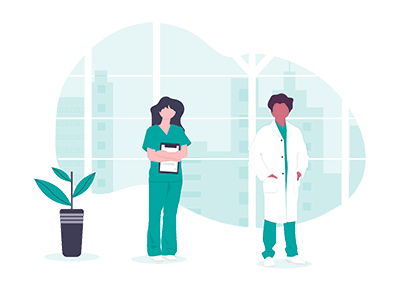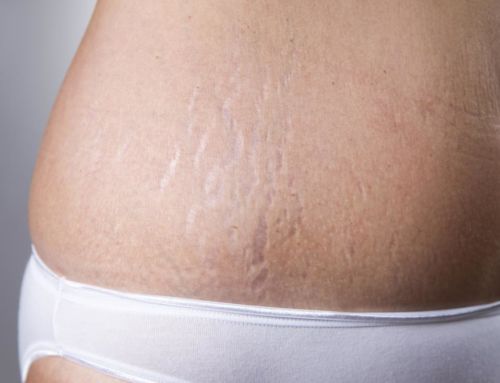Are you feeling low? Suffering with low libido? If so, there’s a good chance your issues are down to low testosterone. The good news is that it’s easier to deal with than you think.
Testosterone has always been linked to wellbeing, but a growing body of work links testosterone levels and mental health. Talking about it can be difficult, but it’s important to open up. Once you’ve identified the source of the problem, it will be a whole lot easier to do something about it.
Eve Clinics take a holistic approach to tackling symptoms of low testosterone. With our team of both medical experts and aestheticians we help you to feel better in both mind and body.
Can low testosterone cause depression?
The evidence linking low testosterone to depression is rising. Research in 2015 from Frontiers in Neuroscience found a strong correlation between depression and low testosterone levels.
Its findings were backed up a year later by a study which found low levels of serum testosterone in older men was associated with an 86% increase in the risk of depression. Recognising the link between testosterone levels and depression can not only help people understand what they’re experiencing, but it can also offer hope of a way out.
Lifestyle factors
There are a number of changes you can make to your lifestyle which could improve testosterone levels. All sorts of factors such as exercise, a poor diet, or stress can bring levels down. Changing these could put things in the right direction.
For starters you can change your diet to ensure lots of food rich in protein, carbs and fat. Constant dieting may be good for your waistline, but it can have an impact on your testosterone as well as your wellbeing levels in general.
Exercise is always good, especially lifting weights. This not only improves your health and keeps various health related diseases at bay, but it also boosts testosterone. Various studies have shown people who exercise regularly retain high levels of testosterone long into their older years.
Testosterone can also be a symptom of, as well as a cause of mental health issues. High levels of stress can reduce testosterone levels. It may be easier said than done in one of the most stressful years any of us can remember, but it’s important to relax.
Getting some sunshine will help. Not only does a bit of sun help us all feel a bit happier, but it boosts vitamin D levels which can also increase testosterone. If it’s not possible to get some sun, trying taking vitamin D supplements.
Can testosterone therapy treat depression?
The other solution is slightly more direct: testosterone therapy. Although we know much more about the link between testosterone and depression, we don’t know much about how it exactly works.
It may be that testosterone affects prefrontal cortex, hippocampus, or amygdal, areas which change during depression. However, more research is needed. What does seem to be true is that TRT has an impact on depression. In 2019 a meta-analysis of 27 samples suggested could be effective at treating depression in men. It’s early days and the trial did admit further research is needed, but the results are promising.
Seeking help for depression and low testosterone
Eve Clinics provide comprehensive, discreet services to assist men who are suffering from effects of low testosterone. Our doctors are leaders in the fields of men’s health and we undertake thorough investigations to help to come up with a tailored treatment plan which works for you.

Talk to us today!
Get in contact with our friendly and professional team to discuss your symtoms with us.



